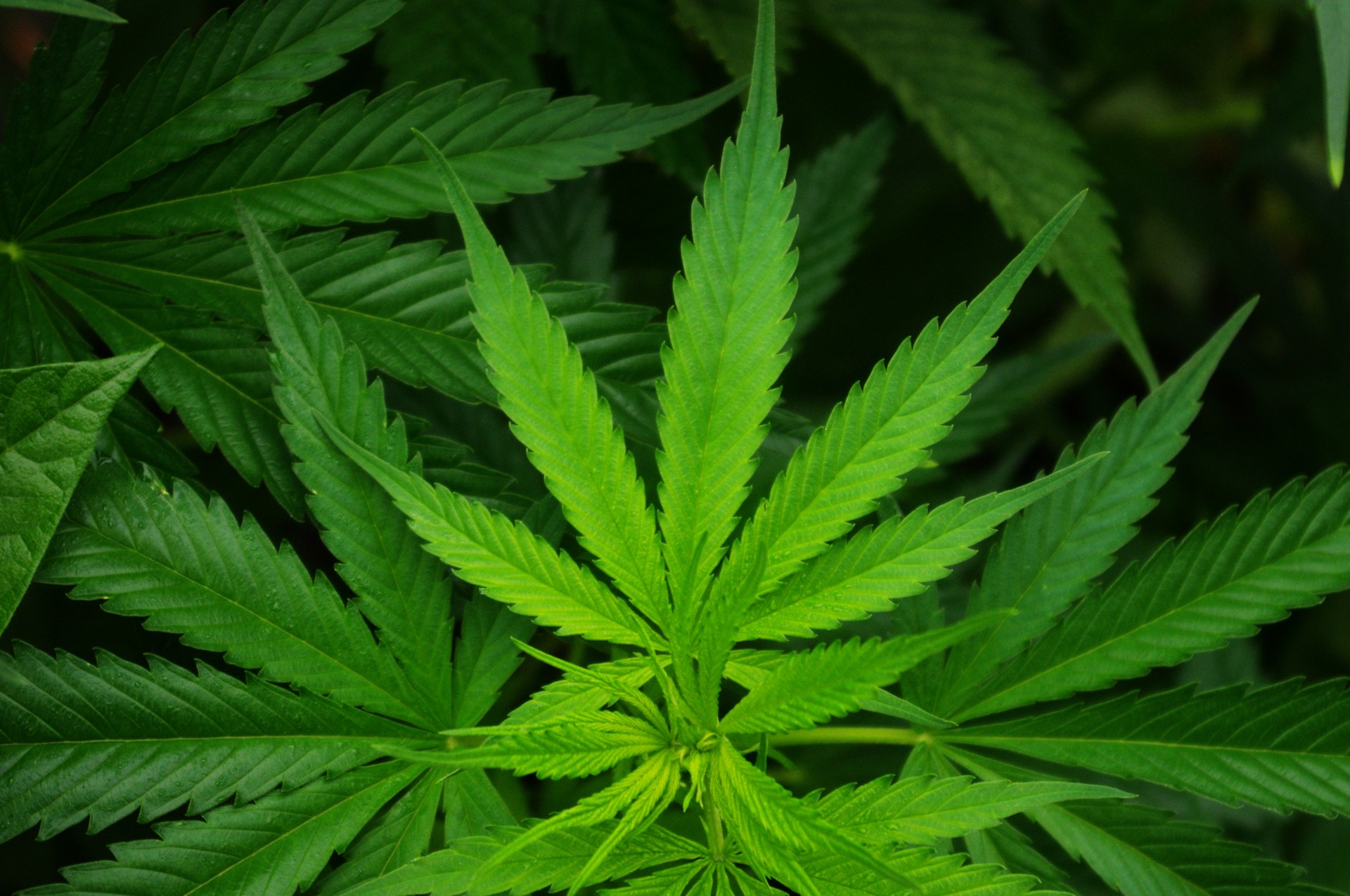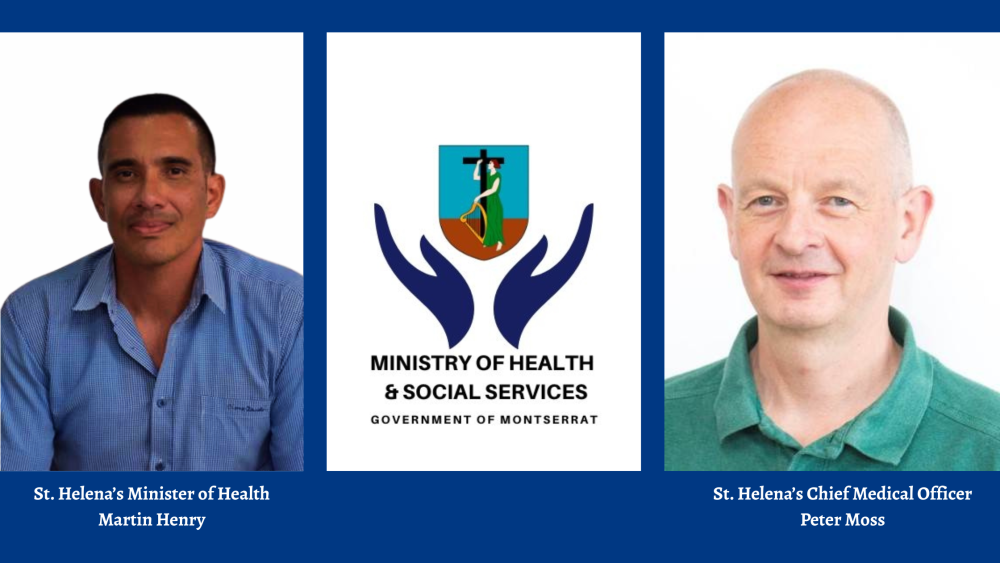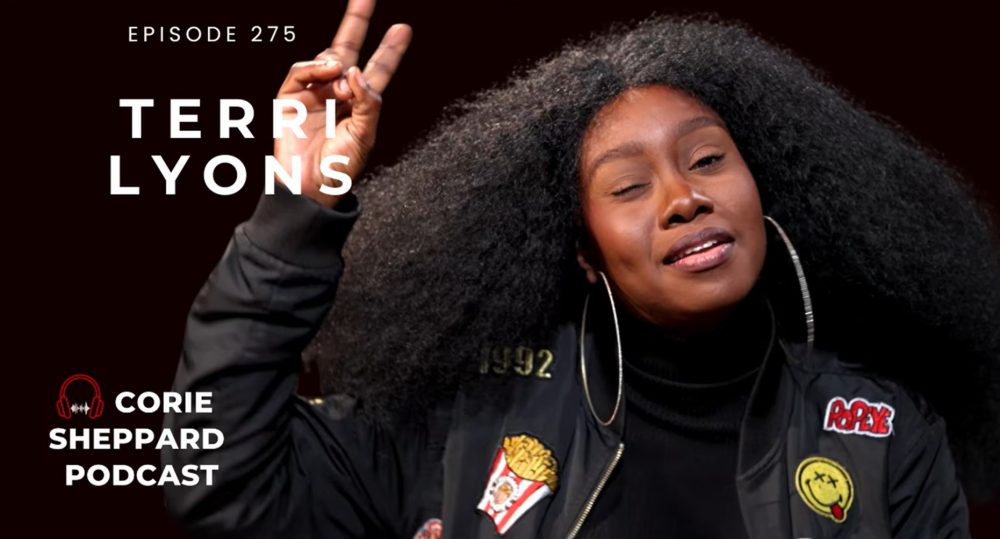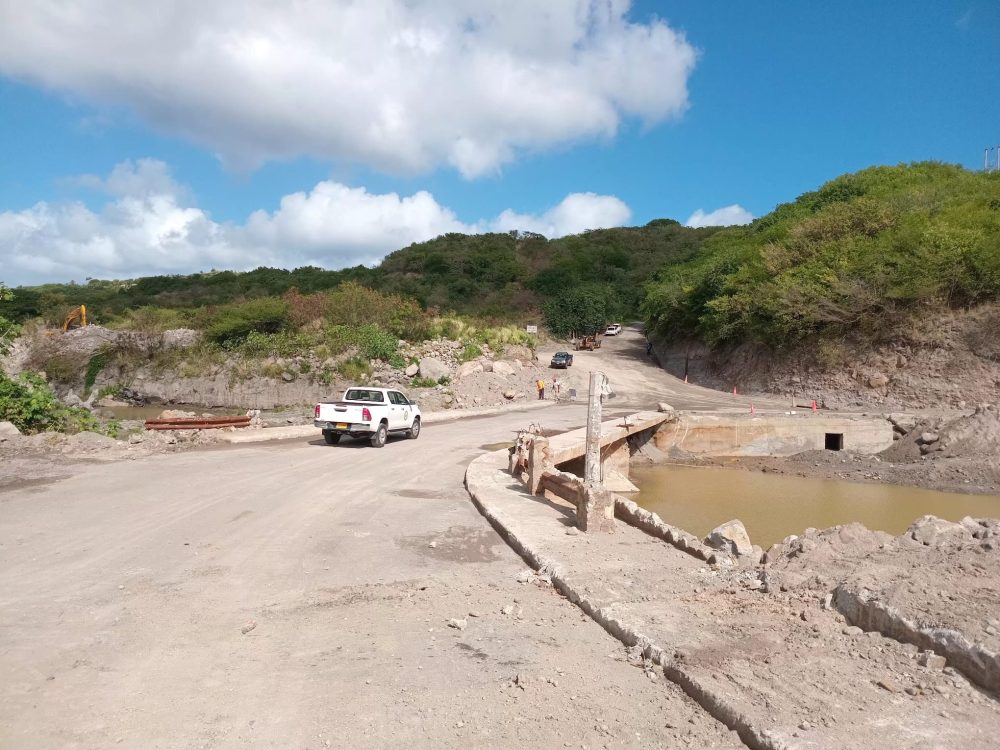The use of cannabis and its future in Montserrat took centerstage at a United Alliance townhall meeting last Friday, with Ministers Dr. Ingrid Buffonge and Veronica Dorsette-Hector addressing questions from the public.
The conversation was sparked by a question regarding the government’s policy on cannabis, particularly the educational initiatives surrounding its medicinal benefits and the prohibition of hemp cultivation. A member of the audience emphasised the potential of cannabis hemp as a superfood and medicine, noting its nutritional and therapeutic value and questioning the political will to end its prohibition.
Cannabis Hemp: A Superfood and Medicine
The participant argued for public education on cannabis hemp, describing it as a plant with “24 fatty acids” and immense health benefits. However, they noted the current illegality of possessing cannabis seeds or cultivating the plant, asking what steps the government would take to address these restrictions.
Minister Buffonge Supports Medical and Religious Uses
Minister Buffonge, who also serves as the Minister of Health, acknowledged the challenges of cannabis legislation. She noted the economic opportunities seen in countries like St. Vincent, which has benefited from legalising cannabis, and Jamaica, where research on cannabis’s medicinal benefits is ongoing.
“We need to ensure that Rastafarians in the community can use the product in their practices without persecution, imprisonment, and discrimination,” Dr. Buffonge said. She emphasised that Rastafarianism, recognised as a religious practice, deserves protection under the Constitution.
Minister Buffonge also highlighted the irony of Britain, one of the world’s largest exporters of medicinal cannabis, while restrictions remain in place for Montserrat. She expressed her commitment to advancing freedom of cannabis use, particularly for medicinal and religious purposes.
Deputy Premier Dorsette-Hector Calls for Balanced Approach
Deputy Premier Veronica Dorsette-Hector, responsible for Ecclesiastical Affairs, pledged to continue engaging with stakeholders, including the Rastafarian community, on cannabis policy.
“In Parliament, I supported discussions on allowing cannabis under medical supervision and pledged to continue this dialogue,” she said. While recognising the benefits of cannabis, she underscored the importance of protecting young people from harm.
Dorsette-Hector affirmed the constitutional right to freedom of religion, stating, “The Constitution makes provision for freedom of religion, and we need to explore that right, which the Rastafarians have.”
Public Perspectives
Other speakers shared their experiences, highlighting cannabis’s economic and health potential. One audience member, who works as a nurse in Quebec where cannabis is legal, recounted how cannabis has been used in medical treatments for nausea and appetite stimulation in cancer patients. They noted the social benefits of legalisation, which has reduced criminal records for minor cannabis offenses.
Looking Ahead
While no definitive policy changes were announced, the discussion revealed a growing consensus on the need for reform. Both ministers expressed a willingness to continue conversations about medicinal and religious cannabis use while considering economic opportunities.
The town hall showcased the complexity of cannabis policy, balancing public health, constitutional rights, and economic potential. The United Alliance pledged to address the issue thoughtfully in the coming months.
Discover more from Discover Montserrat
Subscribe to get the latest posts sent to your email.




